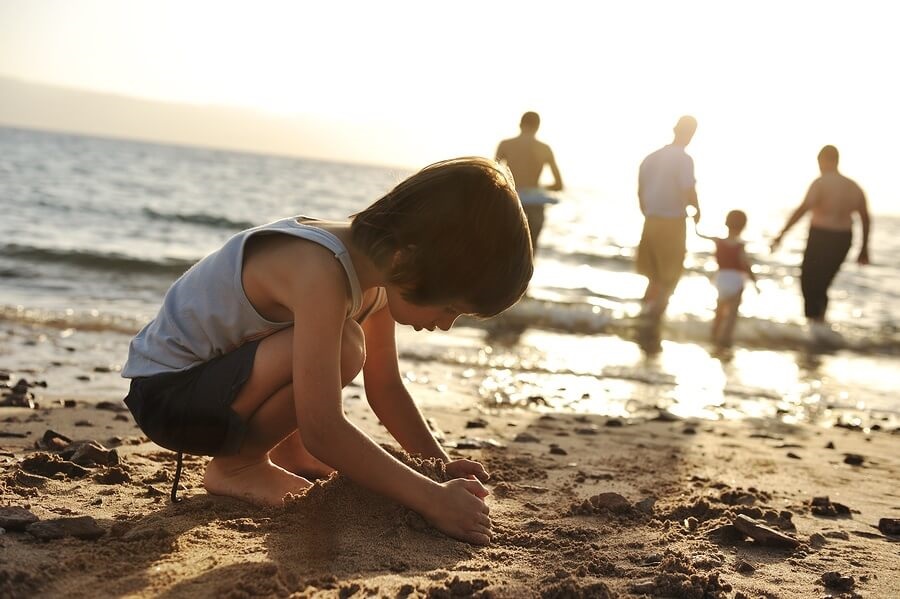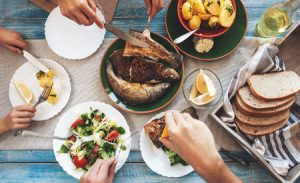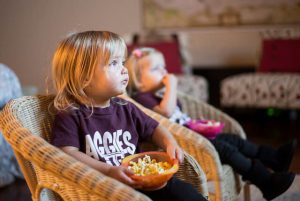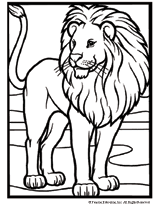

As you build sandcastles, talk about what sand is and where it comes from. Explore the tide pools and examine all the different sea creatures you find in there. You don’t have to go to the beach with specific learning activities in mind — just observing your surroundings and talking about the different landscape and the animals that live at the beach is a great way to learn about the environment!

Older children can get a quick math lesson by helping you to weigh your produce. If you are getting different varieties, ask your child how much he thinks your total will be by adding the different prices. If you have more than one child with you, turn it into a game — whoever is closest to the right amount wins!


She can also calculate how much time she thinks it will take you to your destination based on how many miles you have to drive and what the speed limit is.
Younger kids can work on word recognition by reading billboards. Look for “vanity” license plates and ask your child what she thinks it says. License plates can also be a math lesson — ask your child to add and subtract any numbers she sees. Play “I Spy” and work on alphabet skills.
Having quick activities will not only help keep your kid’s brain sharp — it will help pass the time on a boring car ride, too!


Start a compost pile to use as fertilizer and have your child add to it throughout the summer. When it comes time to harvest your crop, count how many of each types of vegetable you were able to get, and then add them all up to see how big your bounty is. She’ll get a kick out of seeing her hard work end up on the dinner table!

When your cookies are finished, you can all sit down and enjoy your hard work with a tall glass of milk.





